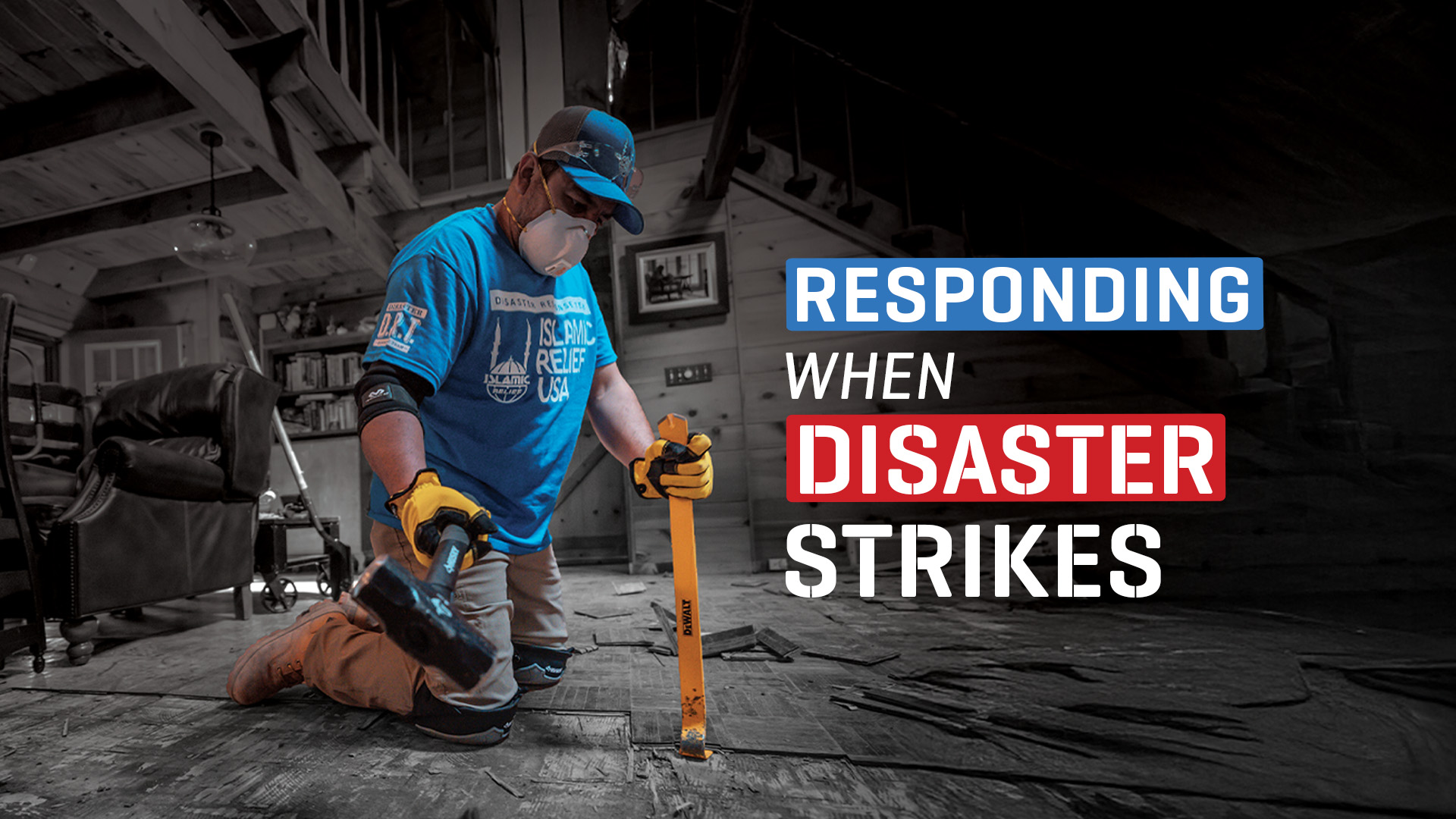
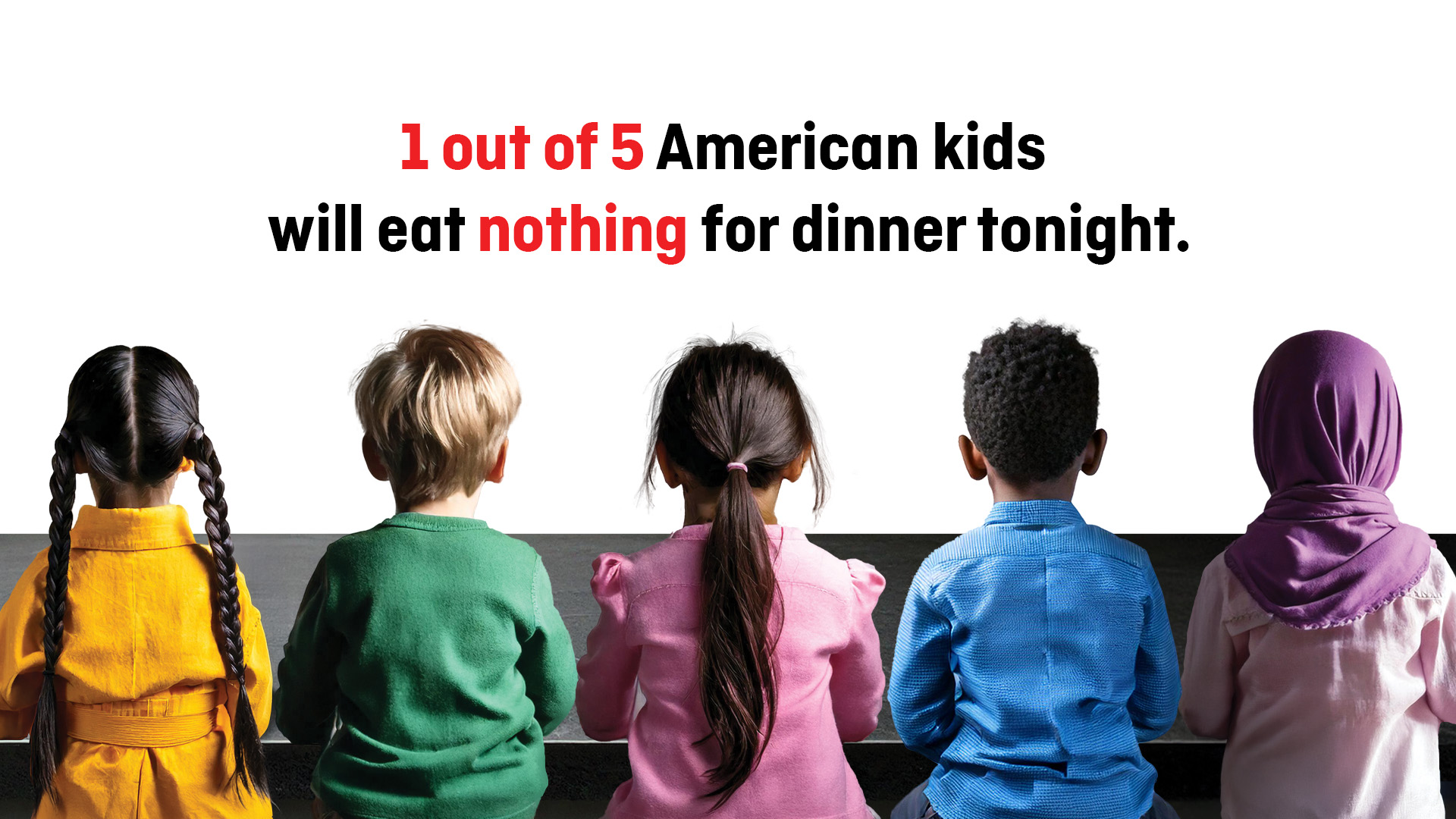
Digital- Times Square 31' H x 55' W

Digital- Times Square 31' H x 55' W

Slide
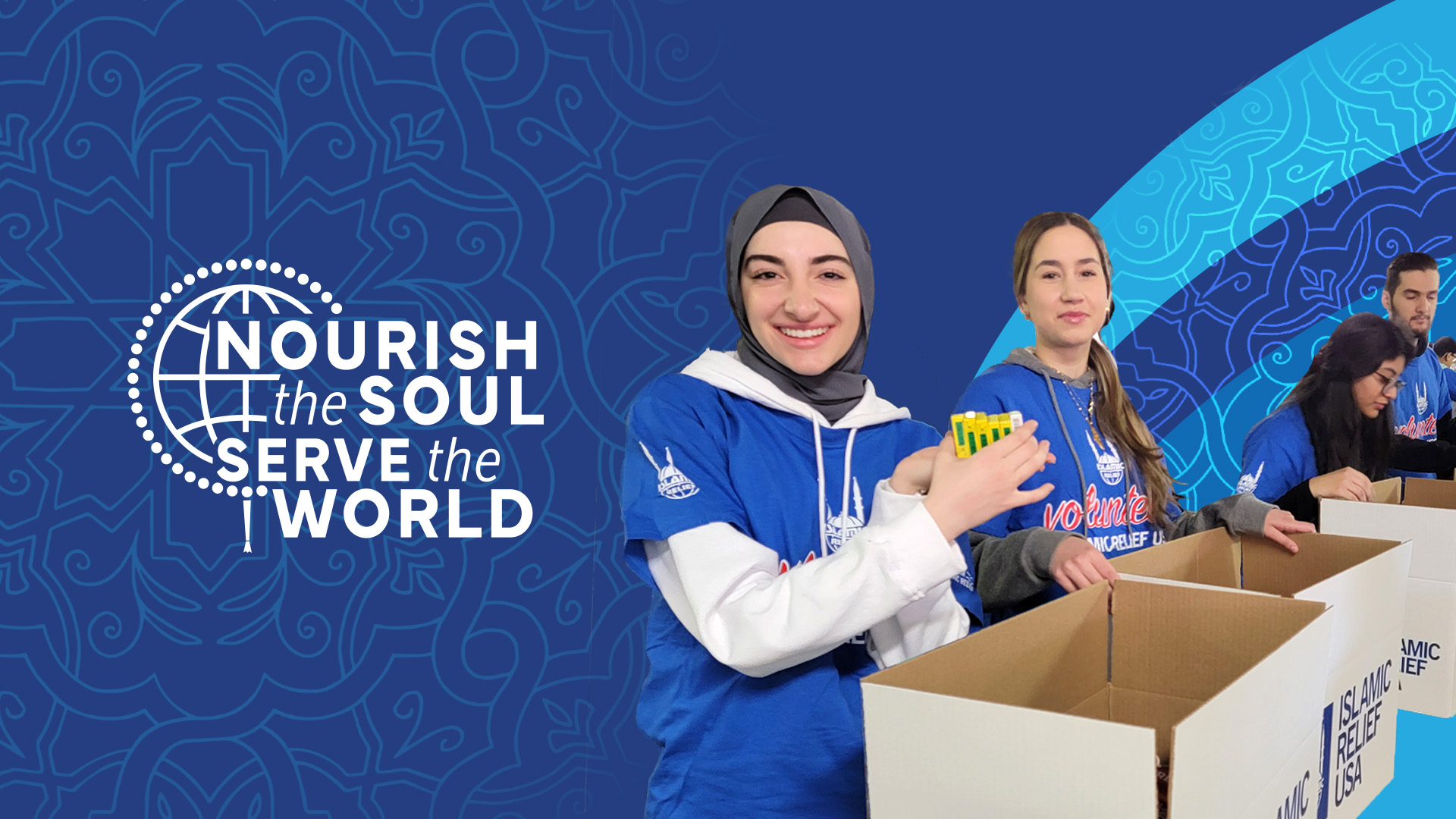

Severe winds, tornadoes, and flooding, has caused widespread destruction across the Midwest in Arkansas, Kentucky, Georgia, Indiana, Missouri, Tennessee, and Mississippi. So far, there are 45 confirmed fatalities, hundreds of people have been injured, and thousands have been displaced.
In Kentucky specifically, a state of emergency has been declared and evacuations have been ordered. In response, IRUSA’s Disaster Management Team (DMT) is working closely with our local partner to repair damaged homes.
Racial inequity, homelessness, poverty, and the effects of climate change are just a few issues Americans face on a daily basis. And now, inflation is on the rise as food and gas prices are soaring, exacerbating an already difficult circumstance for families across the country.
Charity starts at home, and that’s why IRUSA is dedicated to supporting work across the country that provides families with the tools to succeed.
Take a look at a few of our programs below.
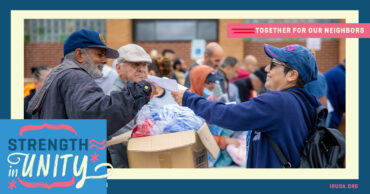
Community is a cornerstone of IRUSA. Thanks to your generosity, we’re able to implement programs ranging from accessibility for deaf community members to family success planning; environmental education to eviction prevention; mental health support to mentorship programs for high-risk youth; unity programs to work through community problems; and even an aeronautics camp to inspire underrepresented youth interested in science, technology, engineering, and mathematics (STEM) to safety support for survivors of domestic violence.
IRUSA has been responding to emergencies across the country for more than a decade. Since 2011, DMT has responded to more than 50 disasters. When the LA County wildfires spread in January 2025, IRUSA responded immediately – engaging local communities and community leaders to deliver food and water to local shelters and firefighters working tirelessly on the front lines.
A few of our long-term disaster responses also include constructing “flood shelves” in 100 homes in the wake of Hurricane Fiona in Puerto Rico, and supporting communities across North Carolina in response to repeated devastation from Atlantic storms – namely hurricanes Mathew, Florence, and Dorian.
Day of Dignity, a day of service, is an opportunity for IRUSA Blue Shirts to provide essential services to communities in need through interventions such as serving hot nutritious meals, providing essential items such as clothing and hygiene kits, and offering haircuts to those unable to afford them.
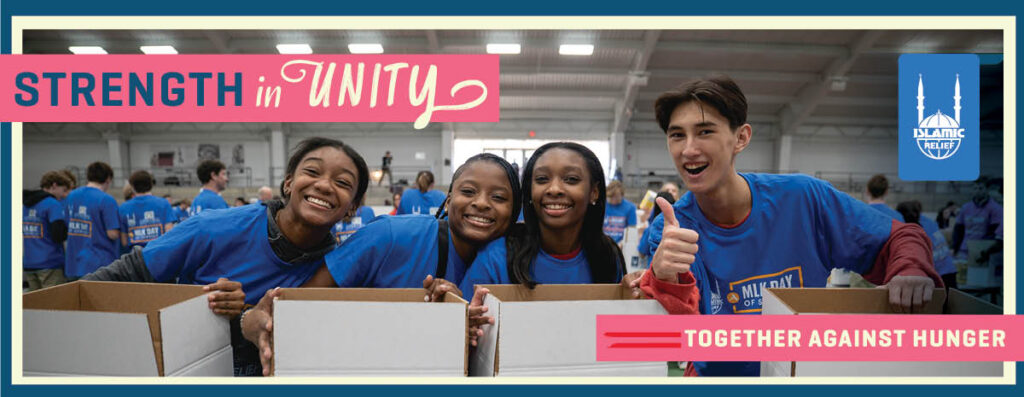
One in five people in the US are food insecure, forced to turn to food banks, food pantries, and community organizations to help feed their families. Food aid is the largest sector of IRUSA’s humanitarian aid. Our food aid programs range from worldwide distribution to mobilized deliveries right here at home. Across the country, we’re working hard to ensure our neighbors have enough to eat.
Our Ramadan food program is a major part of our campaign to end hunger and poverty. This Ramadan, with your support, IRUSA worked to provide food boxes to over 70,000 people across the country!
IRUSA is working to alleviate food insecurity in major urban cities, and with you, we’re able to reach vulnerable groups and communities whose food and nutrition security have been adversely affected by poverty.
IRUSA strives to increase access to food and support those struggling not only during the school year, but the summer as well. That’s why we’re a proud supporter of the USDA’s Summer Food Service Program, and thanks to you, we’re able to provide people with healthy, balanced meals and help combat food insecurity.